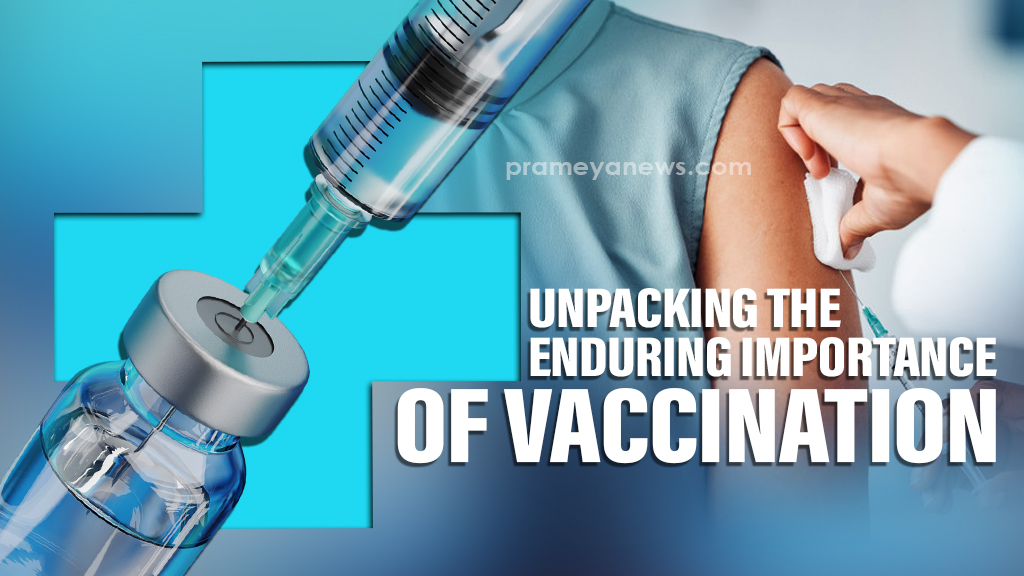

The Enduring Power of Vaccines
Vaccines stand as one of modern medicine's greatest triumphs, a powerful tool that has saved countless lives by taming diseases like smallpox and polio. Yet, despite their proven track record, a persistent cloud of misinformation continues to undermine their effectiveness. Even in educated, urban communities, common myths and unfounded fears can lead to vaccine hesitancy, posing a significant threat to both individual and public health. Understanding the science behind immunization is the first step toward dispelling these dangerous misconceptions.
Common Myths vs. Scientific Facts
Myth: Vaccines are only for children.
Fact: While childhood immunizations are vital, immunity is not a one-time guarantee. Protection from some vaccines can diminish over time, a natural process that makes booster shots in adolescence and adulthood essential. Furthermore, the immune system weakens with age, making healthy adults more susceptible to illnesses like influenza and shingles, for which effective vaccines are available.
Myth: Vaccines are unsafe and cause dangerous side effects.
Fact: Mild reactions, like a low-grade fever or soreness, are normal and indicate the immune system is responding correctly. Every vaccine undergoes rigorous testing for safety before approval, and serious side effects are exceedingly rare. The health risks from contracting a vaccine-preventable disease are far greater than the risks of vaccination.
Myth: Once you are vaccinated, you are 100% protected.
Fact: No vaccine provides complete protection. However, they dramatically reduce the risk of severe illness, hospitalization, and death. If a vaccinated person experiences a "breakthrough" infection, their illness will almost always be much milder than it would have been without the vaccine's protection.
Myth: Vaccines only prevent infections.
Fact: The scope of modern vaccines is broader than many realize. The Human Papillomavirus (HPV) vaccine, for example, is a powerful anti-cancer tool that protects against viruses causing cervical cancer in women and head and neck cancers in men. The shingles vaccine has also been shown to potentially lower the risk of dementia.
Myth: Vaccines are too expensive.
Fact: While some vaccines have an upfront cost, they are a sound financial investment in long-term health. The cost of a single vaccination is minor compared to the potential expenses of hospital stays, lost wages, and chronic care associated with contracting a preventable and often debilitating disease.
The Bottom Line